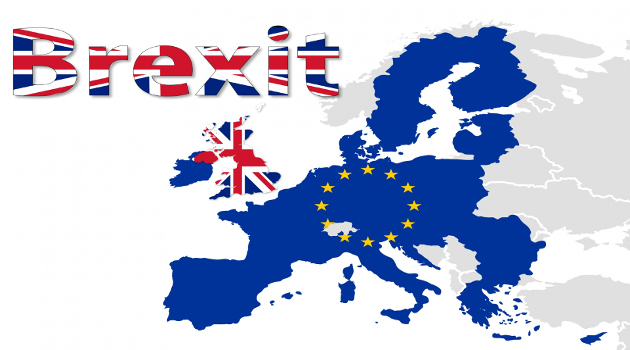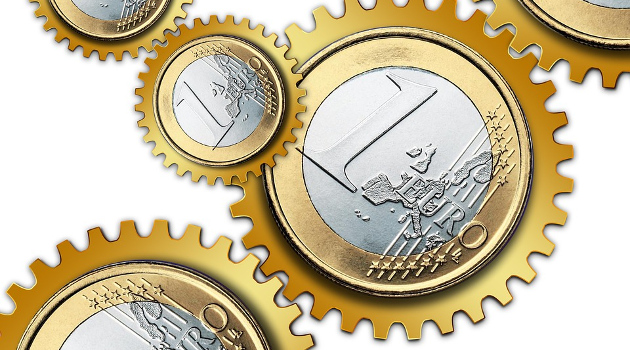
by Dan Mitchell | Sep 14, 2016 | Big Government, Blogs, Europe
Why did a for-profit college pay former President Bill Clinton the staggering sum of $16.5 million to serve as an “honorary chancellor for Laureate International Universities”? Was it because he had some special insight or expertise on how to improve education? Why...

by Dan Mitchell | Jul 17, 2016 | Blogs, Europe, Society
There are no simple answers to Islamist terrorism, particularly when individual nutjobs are determined to kill a bunch of innocent people. But I know that some answers to the problem are wrong. So when politicians like Hillary Clinton say we should have more gun...

by Dan Mitchell | Jun 14, 2016 | Blogs, Economics, Europe
On June 23, the people of the United Kingdom will have the opportunity to restore sovereignty and protect democracy by voting in a national referendum to leave the European Union. They should choose “leave” over “remain.” The European Union’s governmental...

by Dan Mitchell | May 28, 2016 | Blogs, Economics, Free Market
I’m in Marrakech where I just spoke about the importance of economic freedom and entrepreneurship. To close out my presentation, I zipped through several slides showing how nations with pro-market policies enjoy faster long-run growth than countries burdened by...

by Dan Mitchell | Apr 29, 2016 | Big Government, Blogs, Economics, Government Spending, Taxation
We can learn a lot of economic lessons from Europe. Never adopt a VAT unless you want much bigger government. Bigger government means lower living standards. Don’t believe Bernie Sanders about the Nordic nations. Today, we’re going to focus on another lesson, which is...






